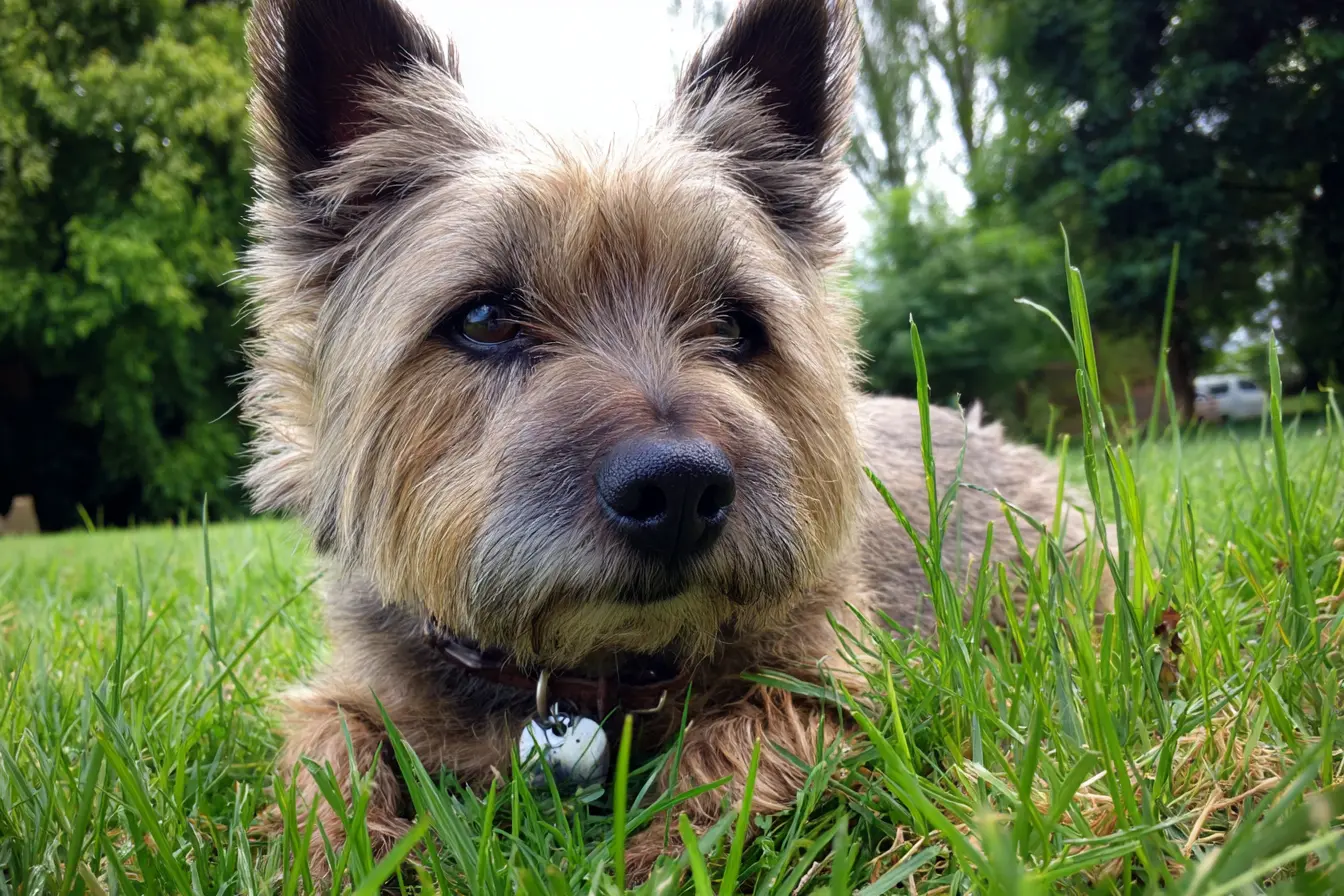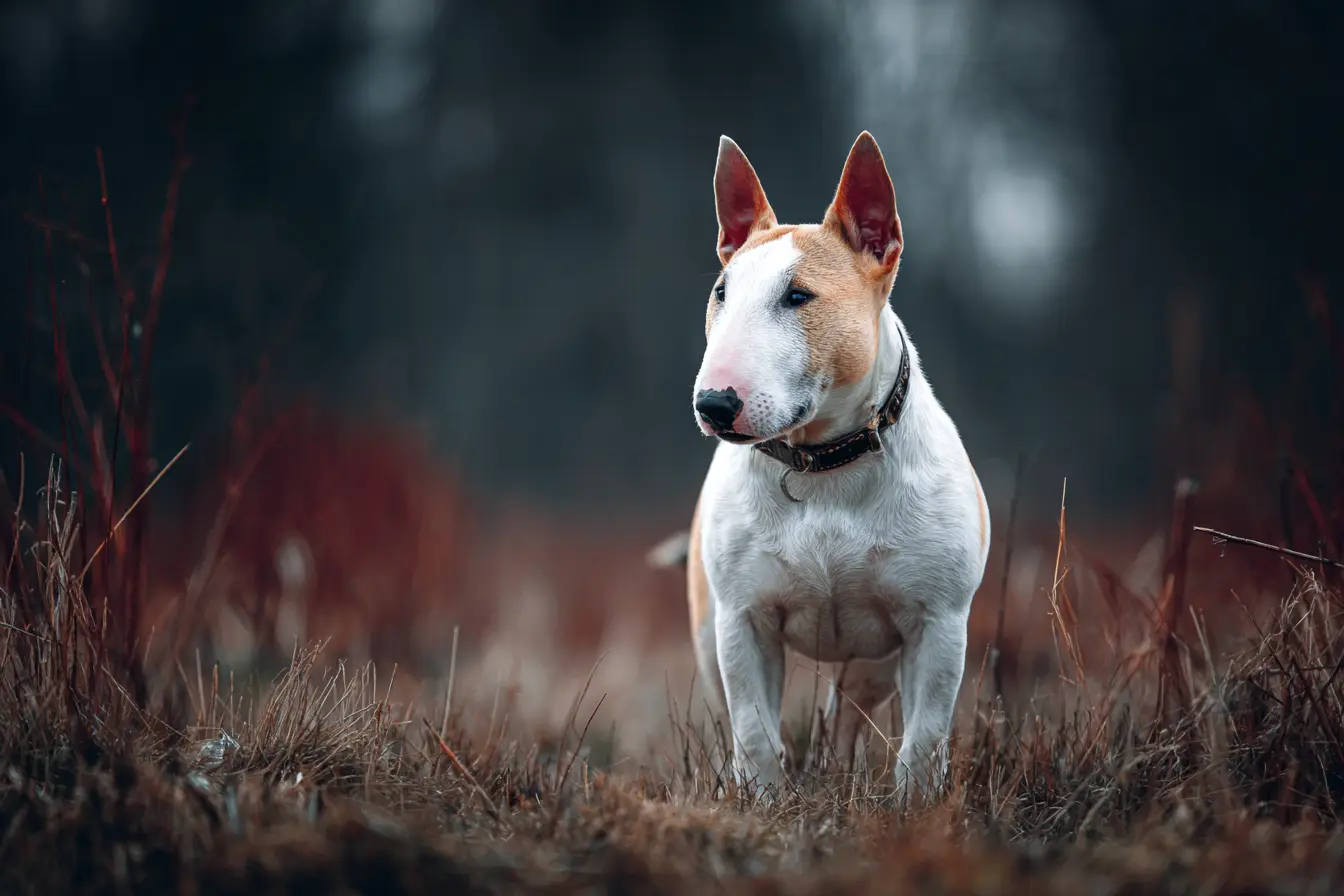
The West Highland White Terrier: A Spirited and Endearing Companion
The West Highland White Terrier, affectionately known as the "Westie," is one of Britain’s most recognisable and beloved small dog breeds. With their bright white coats, perky ears, and confident personalities, Westies are full of charm, spirit, and loyalty. Originally bred in the rugged Scottish Highlands for hunting small game, today’s Westie is a lively and affectionate companion who brings joy to countless homes. If you are considering welcoming a West Highland White Terrier into your life, understanding their nature, care needs, and vibrant personality is essential. This guide offers a comprehensive insight into this delightful breed.
Breed Overview
The West Highland White Terrier belongs to the Terrier Group and was originally bred to hunt rodents and other small prey. Their boldness, intelligence, and adaptability have helped them transition seamlessly into loving family pets, while still retaining their terrier tenacity.
Physical Characteristics
- Size: Westies are small but sturdy, typically standing 25-28 cm at the shoulder and weighing between 6 to 10 kg.
- Coat and Colour: They have a distinctive double coat — a straight, harsh outer coat and a soft, dense undercoat — and are always pure white in colour.
- Lifespan: The average lifespan of a Westie is around 12-16 years.
Personality and Temperament
West Highland White Terriers are known for their lively, confident, and friendly nature. They are affectionate with their families and are generally good with children, making them excellent family pets.
Despite their small size, Westies possess the boldness and determination characteristic of terriers. They are alert and spirited, often displaying surprising bravery for their stature.
Westies are intelligent and independent thinkers. While they are trainable and eager to please, they can sometimes show a stubborn streak, particularly if training is repetitive or lacks engagement.
They typically get along well with other dogs, especially when socialised from a young age, but their strong prey drive means caution is needed around smaller animals such as hamsters, rabbits, or birds.
Exercise and Training
Although small, Westies are energetic and need regular exercise to stay healthy and content. Daily walks, active play sessions, and opportunities to explore are important for their physical and mental stimulation.
They excel in activities such as agility, obedience, and earthdog trials, which channel their natural instincts in a positive way.
Training should begin early, focusing on consistency, patience, and positive reinforcement methods. Westies respond well to fun, varied training sessions that keep their keen minds engaged.
Because of their hunting background, recall training is particularly important — many Westies cannot resist chasing after interesting scents or small creatures.
Health and Care
West Highland White Terriers are generally robust dogs, but they can be prone to certain health issues, including:
- Skin Allergies: Westies are particularly prone to skin conditions, often referred to as "Westie Itch."
- Legg-Calvé-Perthes Disease: A hip joint disorder more common in small breeds.
- Patellar Luxation: Dislocation of the kneecap.
- Deafness: Congenital deafness can occur in the breed.
Regular veterinary check-ups, a balanced diet, and maintaining a healthy weight are crucial to keeping them in good health.
Grooming is an important part of Westie care. Their double coat should be brushed several times a week to prevent matting and maintain its condition. Professional grooming, including hand-stripping or clipping, is typically required every few months to keep the coat looking tidy.
Regular dental hygiene, nail trimming, and ear cleaning should also be part of their routine care.
Living with a West Highland White Terrier
Westies adapt well to a variety of living situations, from flats to country homes, provided they receive sufficient exercise and stimulation. They are lively companions who enjoy being involved in family life and thrive when included in daily activities.
They are confident little watchdogs, often quick to alert their families to anything unusual. Their bark can be surprisingly loud for their size, so early training to manage vocal behaviour can be beneficial.
Westies do not generally tolerate rough handling and are best suited to families who can teach children respectful interaction with dogs.
Prospective owners should be prepared for a dog that brings a lively spirit, occasional stubbornness, and endless affection into their home.
Is the West Highland White Terrier Right for You?
If you are looking for a small but robust dog with a big personality, a love of life, and an affectionate heart, the Westie could be the perfect companion. They are ideal for owners who can provide daily exercise, consistent training, and plenty of companionship.
However, if you prefer a more laid-back, low-energy dog, or if you are looking for a breed that is highly obedient without firm training, a Westie may not be the best fit.
Conclusion
The West Highland White Terrier is a breed that perfectly balances independence with affection, playfulness with loyalty. With their cheerful personalities, distinctive looks, and endless zest for life, Westies bring joy, laughter, and devotion into every home they grace. Given the right care, training, and companionship, a Westie will be a faithful and lively companion for many happy years.
Vets near you
Speciality vets
- Aquatics vet specialists
- Birds vet specialists
- Camelids vet specialists
- Cats vet specialists
- Cattle vet specialists
- Deer vet specialists
- Dogs vet specialists
- Equines vet specialists
- Exotic vet specialists
- Goats vet specialists
- Pigs vet specialists
- Poultry vet specialists
- Sheep vet specialists
- Small Mammals vet specialists
- Wild vet specialists
Vet facilities
- Accessible by public transport
- Blood testing
- Car park nearby
- Client car park
- Dentistry
- Diagnostic imaging
- Disabled public access
- Flea and worm treatments
- Microchipping
- Mobile services
- Neutering
- Open at weekends
- Out-of-hours service
- Referral interests
- Referrals only
- Street parking outside
- Toilets available
- Vaccinations



